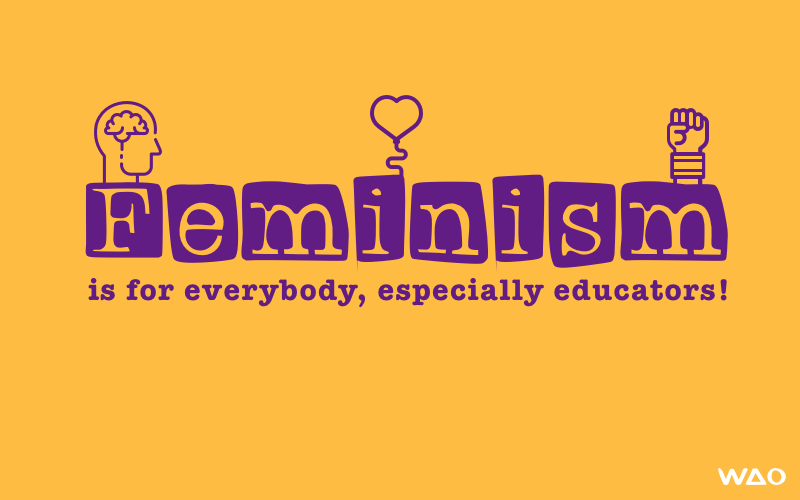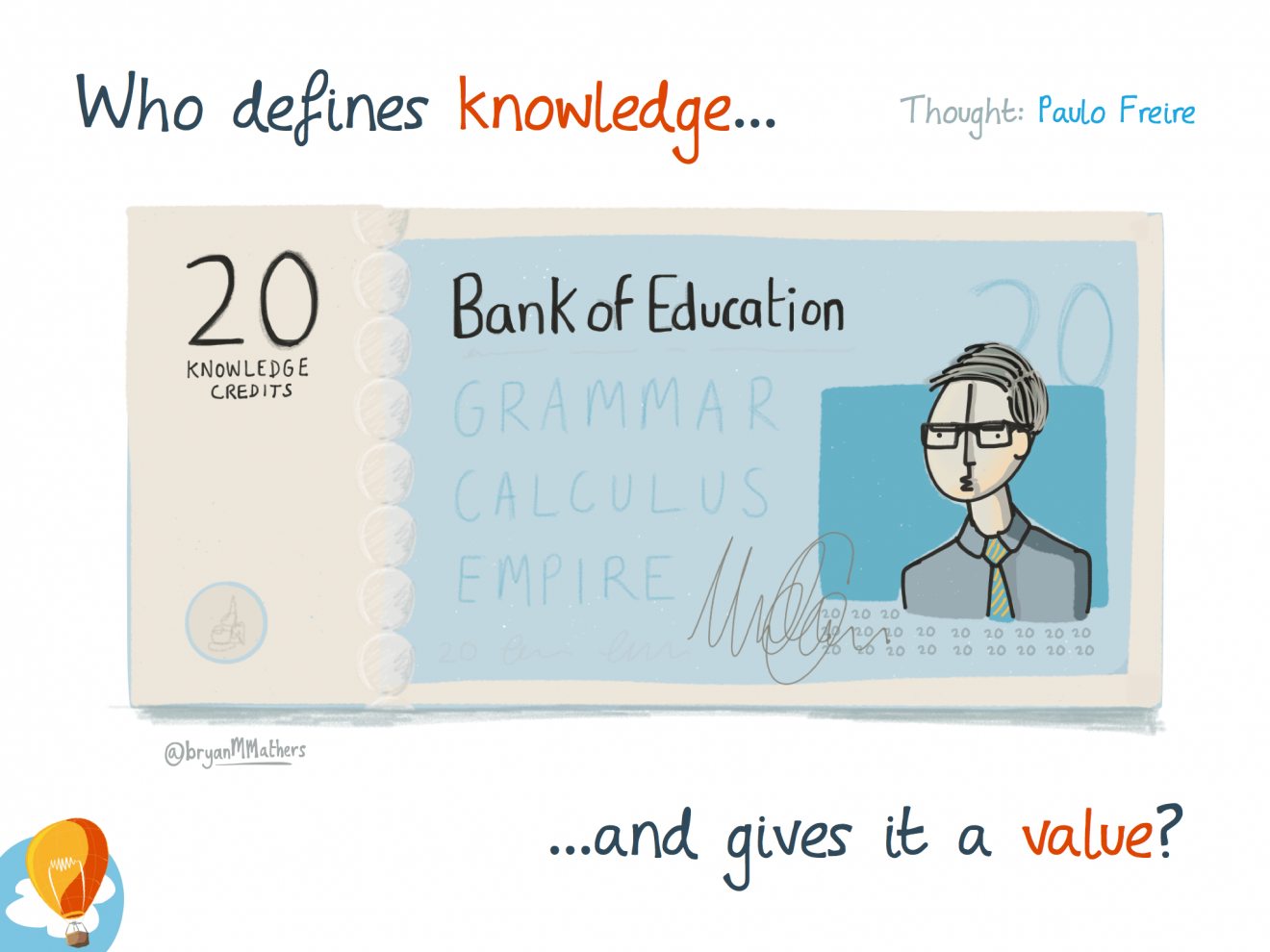|
|
|

|
👋 Hello again Alex Enkerli,
|
Welcome to the second email of the ‘FIFE’ course from We Are Open Co-op. If you’ve had this email forwarded to you from a friend or colleague, you can sign up for yourself here.
|
In the first email we looked at the things you can expect in this course, defined what feminist pedagogy means and got introduced to the idea of signature pedagogies.
|
Rooted in philosophy
|
|
|
|
To understand further where all of this is coming from we have to set some grounds in the philosophies that nurture the theory and practice. Many different philosophers had ideas about epistemology, the theory of knowledge. Many feminists root their theories on those thoughts which make it important to understand some of them but also have a look at the feminist twist.
|
|
|
|
“The main interest of feminist philosophers is how gender stereotypes situate knowing subjects.” (Wikipedia) This means that it acknowledges the inherent connection between power and knowledge and the role of gender in knowledge production (e.g. Grasswick 2018)
|
According to Belenky et al. we have to ask ourselves the following questions to reflect on the nature of truth and reality:
|
- “What is truth?
- What is authority?
- To whom do I listen?
- What counts for me as evidence?
- How do I know what I know?” (Belenky et al. 1986 p.3)
Because answering and reflecting these questions has an influence on:
|
- The “way we interact with others,
- Our public and private personae,
- Our sense of control over life events,
- Our views of teaching and learning,
- And our conceptions of morality” (Belenky et al. 1986 p.3)
Construction of Knowledge
|

|
|
To understand the construction knowledge from a feminist perspective we have to look at social constructivism. Social constructivism is the idea that knowledge is socially produced and not as many believe the product of individual mental faculties. (c.f. Barkley, Cross, and Major). Paulo Freire describes this product of individuals as the “banking concept of education” and that teaching is an act of depositing, and students are empty, passive vessels that receive static information. (Freire, p.72)
|
|
|
|
|
One of my teachers in university showed us an image that describes this very well. It is called the “Nürnberger Trichter” (The Nuremberg Funnel). The image has different variations but usually shows a student with a funnel in his head and a teacher who fills it with knowledge. This indicates that even the “stupidest” student can know things if you just dump a lot into their head. Which is not very sustainable and transports biases because knowledge is not just facts (Laura Hilliger). Knowledge is influenced by experience, sometimes perception and also emotion.
|
|
|
|
In the following email we will talk more about the role of experience and emotion in a feminist classroom.
|
Deep Dive
I’m every woman A funny and sarcastic comic book about the women and wives behind influential and famous men like Einstein, Elvis Presley and more (not available in English but many other languages)
|
References
Barkley, E. F.; Cross, P.; Howell Major, C. (2004) Collaborative Learning Techniques: A Handbook for College Faculty. Hoboken, NJ: Jossey-Bass
|
Belenky, M. F.; McVicker Clinchy, B.; Rule Goldberger, N.; Mattuck Tarule, J.; (1986) “Women’s Ways of Knowing: The Development of Self, Voice, and Mind” New York: Basic, 1997
|
|
Freire, P. (1968) “Pedagogy of the Oppressed” London, UK: Bloomsbury, 2000
|
|
|
|
|
|
|
|

|
|
We Are Open Co-op operates at the intersection of learning, community and technology. Let us help you with your project!
|
|
|
|
|
|
|
|
|